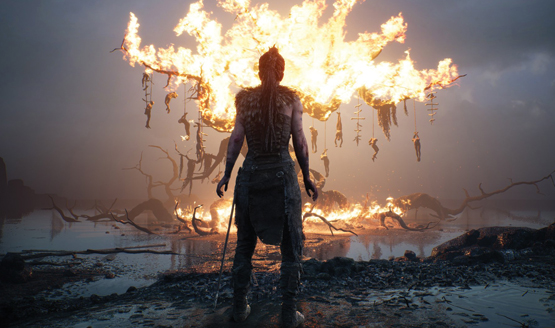Let it be known that Hellblade: Senua’s Sacrifice isn’t your average mainstream title. It’s a “AAA indie,” according to developer Ninja Theory, one that’s largely set against a Nordic netherworld seething with myth and nightmarish monsters.
As the creative minds behind Enslaved: Odyssey to the West and the somewhat contentious DmC reboot, players have come to expect a great deal from each new Ninja Theory release, and the studio has long been vocal about crafting its gaming experiences upon three crucial foundations: story, aesthetic, and combat.
That same DNA courses through the veins of its latest creative venture, but where Hellblade really sets itself apart is in its handling of mental health and, specifically, how it tells its fantastical, yet deeply intimate story through the wounded eyes of Senua. Shackled by a potent case of psychosis, in Hellblade, Ninja Theory’s Celtic warrior journeys through the fire and flames to rescue her wayward lover from the clutches of death itself, only in this instance the hell Senua experiences is actually a manifestation of her crippling mental illness. And therein lies Hellblade’s raison d’être.
Myth and Madness
Because make no mistake, as its first self-published and independently developed title, Senua’s Sacrifice is Ninja Theory’s passion project. In the three years since it was first conceived, the Cambridge-based studio has consulted world-leading neuroscientists and non-profit organizations like Wellcome Trust to properly capture the experience of psychosis and its devastating effects on the human mind. And given how prevalent mental illness can be, Hellblade is arguably one of the most important new releases of 2017.
Before we begin, it’s important to nail down the definition of psychosis, with Wikipedia describing the condition as so: An “abnormal condition of the mind that involves a ‘loss of contact with reality’. People experiencing psychosis may exhibit personality changes and thought disorder. Depending on its severity, this may be accompanied by unusual or bizarre behavior, as well as difficulty with social interaction and impairment in carrying out daily life activities.”
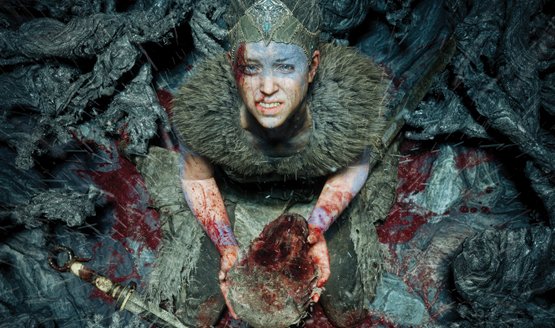
Feelings of isolation, confusion, and extreme fatigue often accompany this traumatic ailment, and Ninja Theory has called upon state-of-the-art tech and binaural sounds to evoke the voices and visceral visions that psychosis sufferers experience on a daily basis. In her journey upriver, Senua is plagued by fiery, nightmarish hallucinations that distort her world beyond recognition, and the whispering voices that snigger in the shadows, doubting your every move, only add fuel to the fire.
Sweeping, frenetic camerawork also amplifies the experience, as Senua turns to face the voices — turns to face you — in order to regain her tentative grip on reality. “The Hell in question is no ordinary Hell,” reads the game’s official description, “but is in fact a Hell that is the manifestation of Senua’s mental illness.”
Through the Fire and Flames
Because oftentimes our demons — our real demons — are invisible to the naked eye. So much attention is paid to our physical wellbeing in this day and age that mental health is often overlooked, brushed to the side or misrepresented as “crazy” or “insane.” Barring a radical change in eating and/or sleeping habits, there are no tangible symptoms, therefore making it difficult for others to sympathize and understand such an incredibly sensitive subject matter.
And for a studio that tends to straddle the line between indie and AAA, Hellblade represents an exercise in risk-taking for the team at Ninja Theory. That being said, regardless of how things pan out for the studio’s mystical new IP, Senua’s Sacrifice ought to be celebrated as an innovative platform — a platform on which players can gain some insight into psychosis and what it’s like to live with mental illness at its most extreme.
That mental health advisor Paul Fletcher gets top billing right off the bat is really a testimony to Ninja Theory’s delicate approach, and for her first time in the mo-cap suit, Melina Juergens is a revelation as the haunted Senua. By working closely with neuroscientists and those unfortunate few who have been diagnosed as psychotic, Hellblade carefully avoids those cheap, half-assed tropes that render a character insane and, therefore, woefully one-dimensional. Not only does it act as a disservice to those who suffer with mental illness, this practice of painting in broad strokes only minimizes the room for nuance, but Senua’s Sacrifice boldly cuts through the white noise.
“Although issues concerning mental health are beginning to be talked about more openly, the job of raising public awareness is far from complete,” said Leo Zullo, Managing Director, Wired Productions. “Our aim over the next year is to bring much needed funding to partners such as TakeThis, as well as other charities operating at local, national and international levels. The gaming community is such a caring collective, and we welcome its assistance in helping us bring these much needed support services to those that need it most.”
In short? It’s okay not to be okay. Whether it’s directly or indirectly, mental health is an issue we’ve all come into contact with in some shape or form. On a personal level, I’ve watched friends circle the jaws of depression and lost loved ones to suicide. I’ve succumbed to anorexia and unknowingly pushed friends away when I needed them most. That was four years ago, at a time when I was so incessant about the amount of calories going into my body that I put my own health at risk. It was tunnel vision, and I felt trapped — isolated, even. Diet was the only thing that I felt in control of, and anytime someone offered me advice — sound, reasonable advice at that — I waved away their pleas as hogwash. How foolish I was.
A Poignant Adventure
Some months later, and after a number of desperate pleas from close family and friends, I took the formative steps toward a healthier, happier life. My body was on the mend, and I could finally indulge in some chocolate without being racked with guilt. Anorexia is nasty and, in truth, difficult to channel into words. But back when I needed to expel my own entrenched demons, I decided to run a marathon — my first marathon at that — in order to jump-start my mental state, for lack of a better phrase.
In hindsight, dragging my slender frame across 26.2 miles of concrete probably wasn’t the greatest idea I’ve ever had, and my own personal struggle is not nearly on the same level as, say, those dealing with depression. But while playing through the early stages of Hellblade, those memories all came flooding back — the loneliness, the excessive worry, that nagging voice that tells you you’re not good enough. Point is, everyone has their demons, and ignorance only breeds contempt.
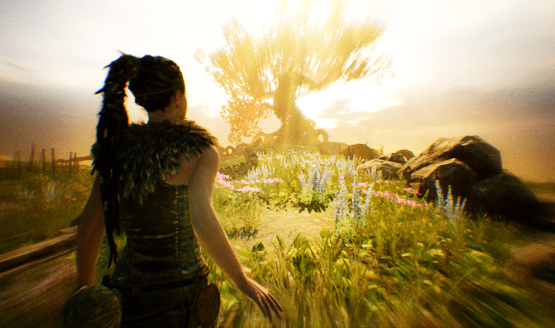
Ninja Theory’s Dominic Matthews is of the belief that when it comes to mental health, “understanding is a route to destigmatisation.” To make the alien seem familiar and, ultimately, to foster conversation on a topic that is often banished to the shadows. And for that reason alone, Hellblade and the team at NT ought to be commended for their accomplished, deeply provocative Celtic thriller.
This is something that’s perhaps best captured in Paulmichael Contreras’ glowing review, in which he wrote that, “struggling through life as a psychosis sufferer is an alarming experience, and Hellblade provides an illuminating glimpse into the lives of those afflicted by such terror.”
Hellblade is now available across PS4 and PC. At only $29.99, Ninja Theory’s passion project has a very good chance of becoming one of summer’s only sleeper hits, and with its haunting storyline and tales of mental illness, it bloody well deserves to be.
Essential Reading:
- Ninja Theory Retrospective: Redefining Action
- Hellblade: Senua’s Sacrifice Review – A Bloody Rush (PS4)
- Hellblade Tips: How to Avoid Permadeath in Senua’s Sacrifice
Hellblade info dump
-
Hellblade: Senua's Sacrifice - EYNTK
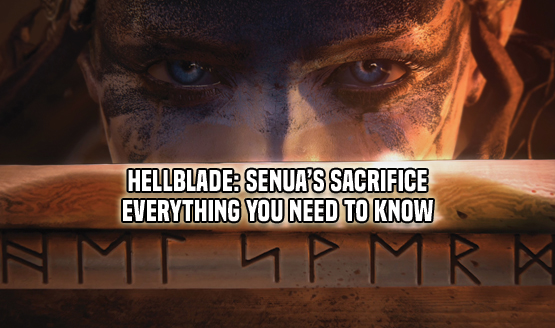
August 8 is fast approaching, so let's recount everything you need to know about Hellblade: Senua's Sacrifice, Ninja Theory's most intimate project yet.
-
What is Hellblade: Senua’s Sacrifice?
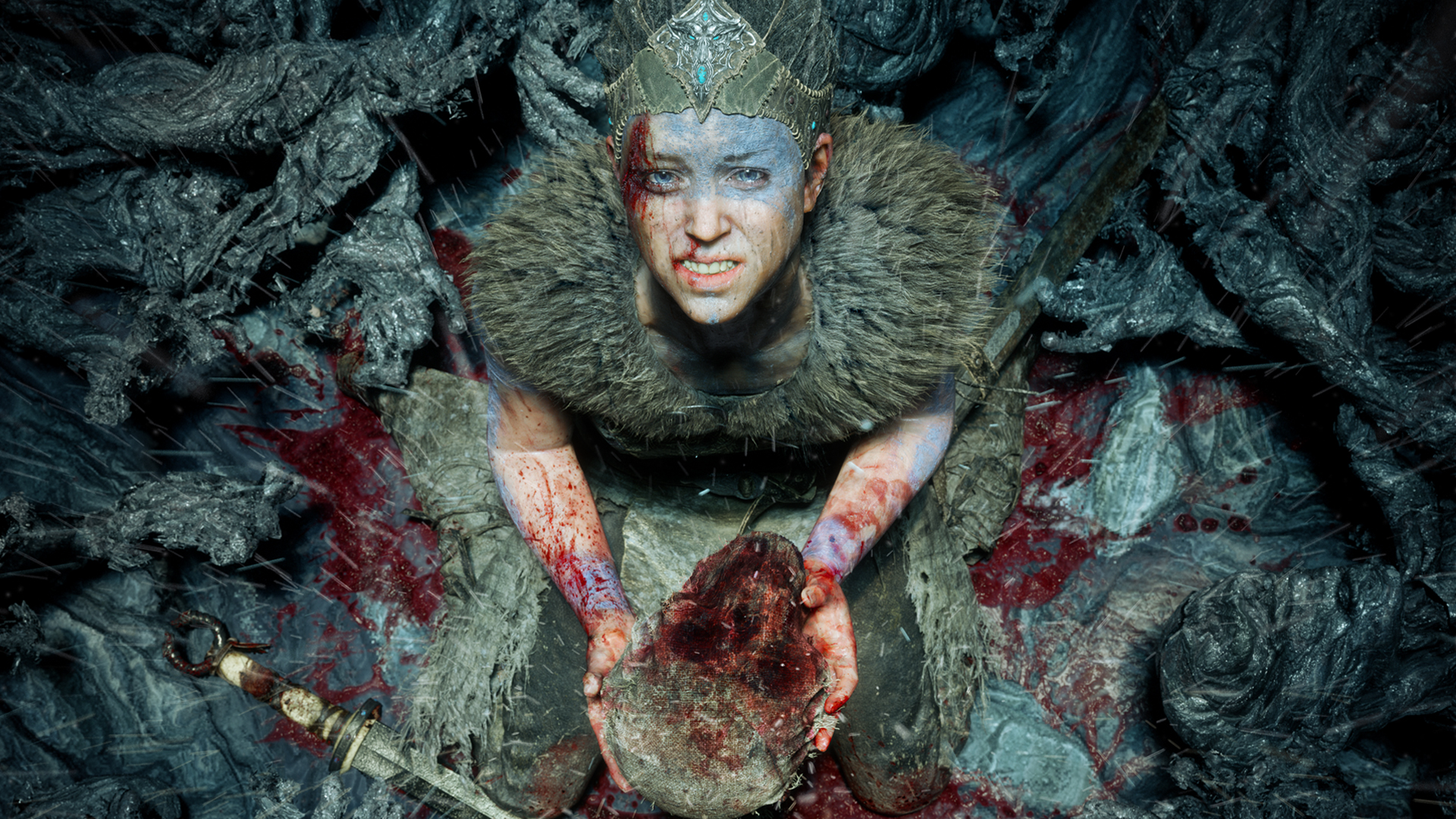
It’s a PC and PS4 action-adventure game from the creative minds behind Heavenly Sword, Enslaved: Odyssey to the West, and DmC: Devil May Cry. What’s more, that carefully selected title is no accident — Hellblade is the spiritual successor to Heavenly Sword, and it’s due to light up PS4 and PC on August 8.
Told through the wounded eyes of Senua, a young warrior lost within a living nightmare, the official description for Hellblade reads as so:
"From the makers of, comes a warrior’s brutal journey into myth and madness. Set in the Viking age, a broken Celtic warrior embarks on a haunting vision quest into Viking Hell to fight for the soul of her dead lover. Created in collaboration with neuroscientists and people who experience psychosis, Hellblade: Senua’s Sacrifice will pull you deep into Senua’s mind."
-
What’s the Story?
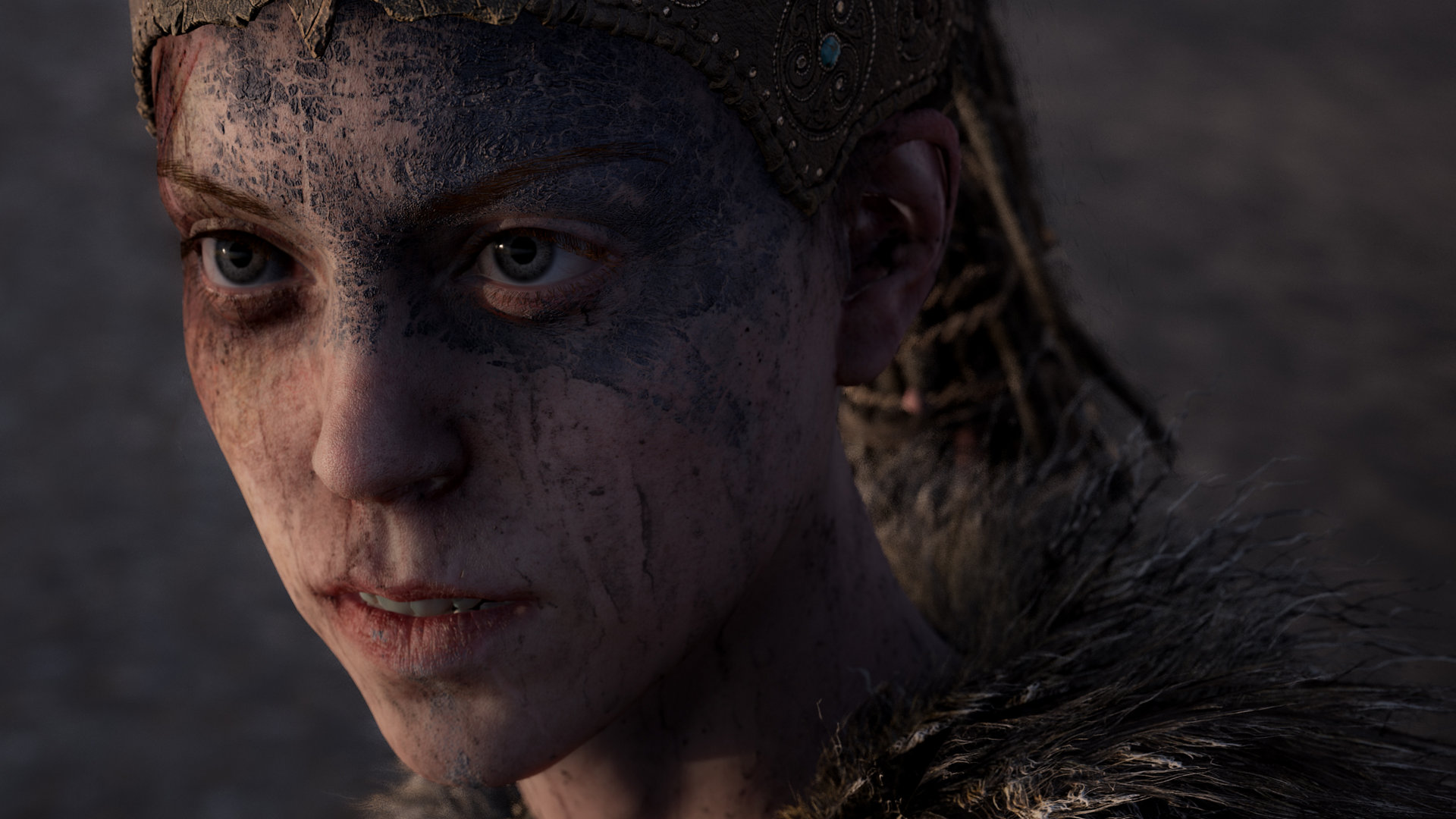
It’s a parable on mental health, essentially, one in which Senua’s confront her demons — both literal and figurative — in her quest to rescue her fallen lover from the Norse underworld. Because sometimes our greatest enemies come from within, and Hellblade’s story chronicles “a personal and emotional journey through a vividly-detailed recreation of Viking mythology, [one that] places equal weight on both the internal and external struggles of conflict and loss and long-term effects of trauma.”
“The Hell in question is no ordinary Hell, but is in fact a Hell that is the manifestation of Senua’s mental illness. Senua experiences psychosis, including hallucinations and delusions, as well as suffering from anxiety and depression. As a player you will witness Senua’s living nightmare through her own eyes.”
-
And It’s One Worth Telling
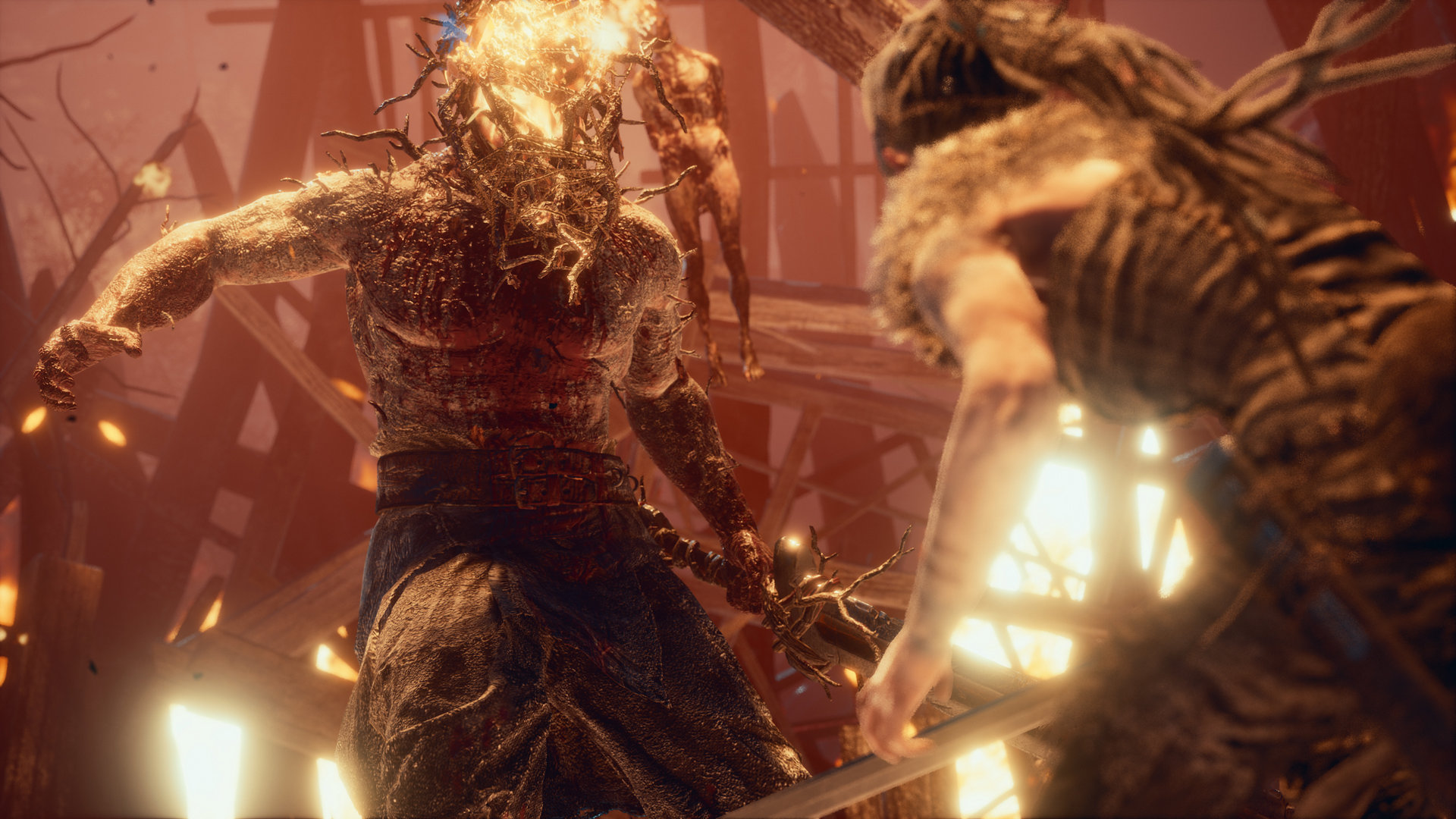
Though mental illness has featured in video games before (see: The Town Of Light, Knock-Knock, Actual Sunlight, There Are Monsters Under Your Bed), Hellblade is the first to project those themes on a mainstream audience. By working closely with non-profit organizations like Wellcome Trust, not to mention those afflicted with mental illness, it's clear Ninja Theory isn’t taking this lightly.
In fact, the studio’s Dominic Matthews is of the belief that when it comes to mental health, “understanding is a route to destigmatisation.” And we couldn’t agree more.
When outlining the outline the Senua’s damaged psyche, and how that filters into Hellblade's gameplay, Ninja Theory stated:
“It is important for us to portray the physical, emotional, and mental trials of her quest in both the character model and the representation of her reality. An example of this is the voices that Senua hears in the scene. These voices have been recorded binaurally which means that if you listen to them with headphones on they will sound as if they are in the 3D space around you.”
-
A Tight-Knit Development Team
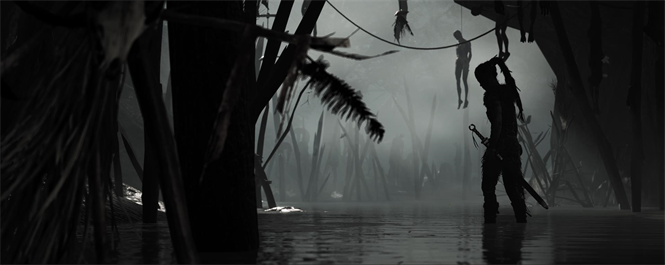
With Hellblade, Ninja Theory is operating in a small pocket of space between indie and AAA, and it seems as though this level of independence has allowed the developer to flourish.
"In Hellblade, we are aiming to revive the lost space between indie and AAA gaming. Where creatively diverse experiences made with AAA values can thrive once again.
"We’ve taken a small team of around 20 people and created a focused and rich experience that looks and feels as good as any blockbuster title. Hellblade is about half the length of a regular AAA game and priced at about half the cost. A price that we think is fair to both you and us.
"Our hope is that if we make our Independent AAA work with Hellblade, other developers will follow, leading to a more creative and diverse gaming world for developers and players alike."
-
How Does it Play?
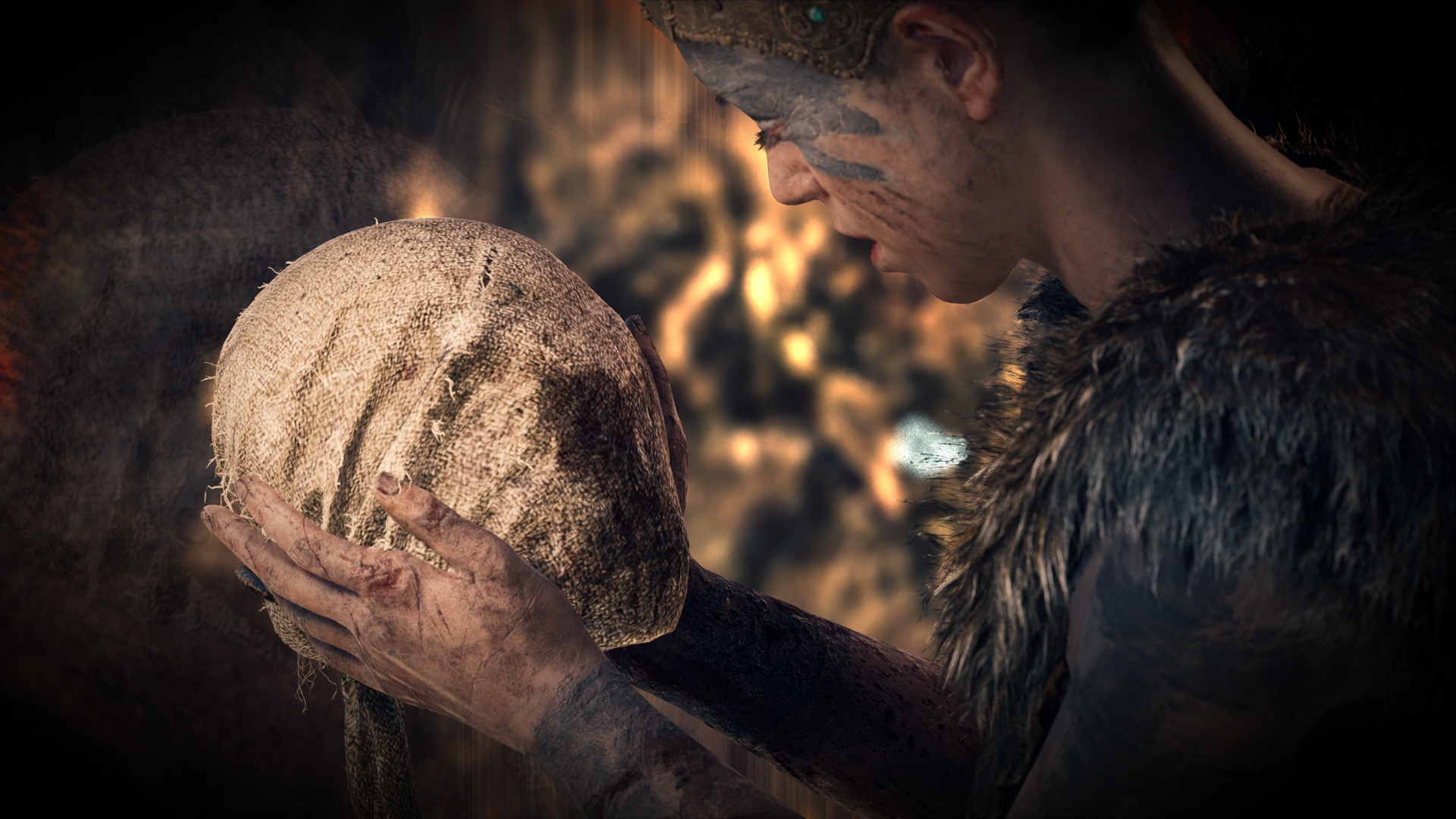
When describing their new IP, Ninja Theory identified the three pillars that make up Hellblade: Story, art style, and combat.
The latter is arguably one of the studio's strong suits, though we've learned that the combat in Senua's Sacrifice will feel more "immediate" than, say, Enslaved.
Further details on that fine-tuned combat system can be found in one of Hellblade's many dev diaries.
-
Meet Senua
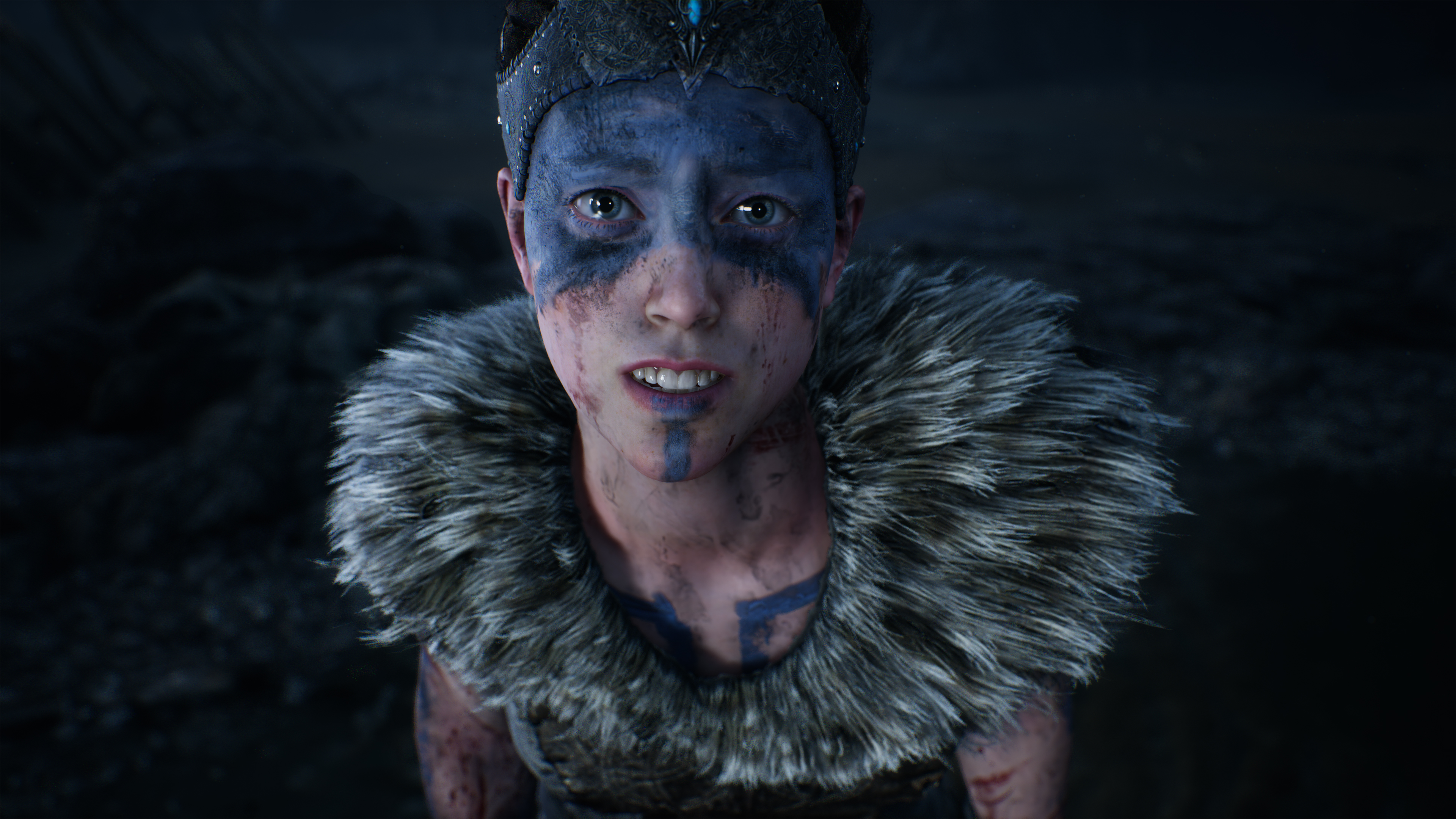
At the heart of that story is Senua herself, a fearless Celtic warrior brought to life by German-born video editor Melina Juergens. Having documented the development of DmC, Juergens slowly became more and more involved in the creation of Hellblade to the point that, by 2016, Ninja Theory formally approached her about the possibility of headlining the game itself.
Ninja Theory’s recreation of Juergens is ostensibly one-to-one, and her nuanced performance will no doubt lend a sense of gravitas and tangible emotion to Senua’s Sacrifice.
“Developing Hellblade independently gives us the freedom to tackle a subject as challenging as mental health. It is a subject that we are handling with all the respect it deserves, ensuring that our portrayal of Senua’s condition is both accurate and sensitive.”
-
No QTEs
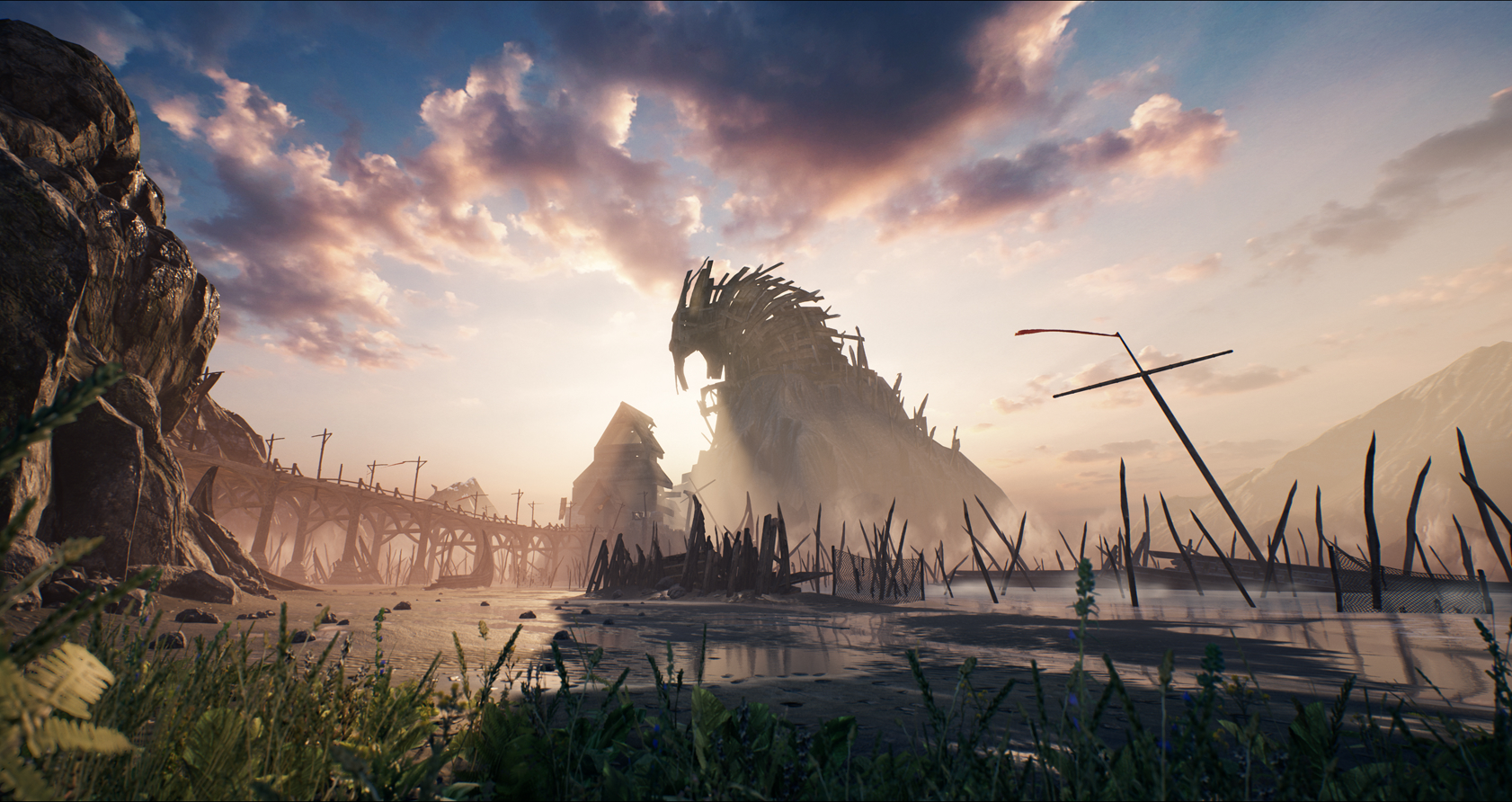
Just don't expect any quick time events. Unlike, say, Crystal’s rebooted Tomb Raider series, Hellblade: Senusa’s Sacrifice won’t feature QTEs whatsoever.
-
Steeped in Viking Lore

From the Viking architecture to the Celtic warrior at its heart, Hellblade is steeped in a rich Nordic lore. Expect tropes such as Ragnarok, Hela and the Viking underworld to be threaded through the story, then.
-
Digital Only...For Now
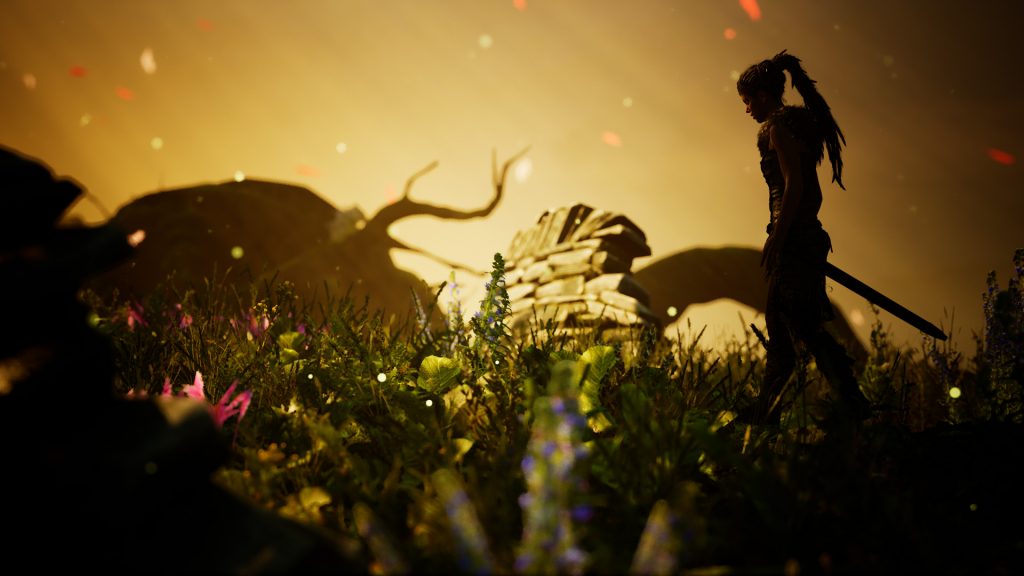
There's a good reason Hellblade is only launching for digital platforms — Ninja Theory wants to stay on top of costs.
"By going digital-only we can ensure that we keep the cost low for players, whilst more of the price of Hellblade comes directly back to us the developer to reinvest in making more games in the future."
-
Difficulty Modes
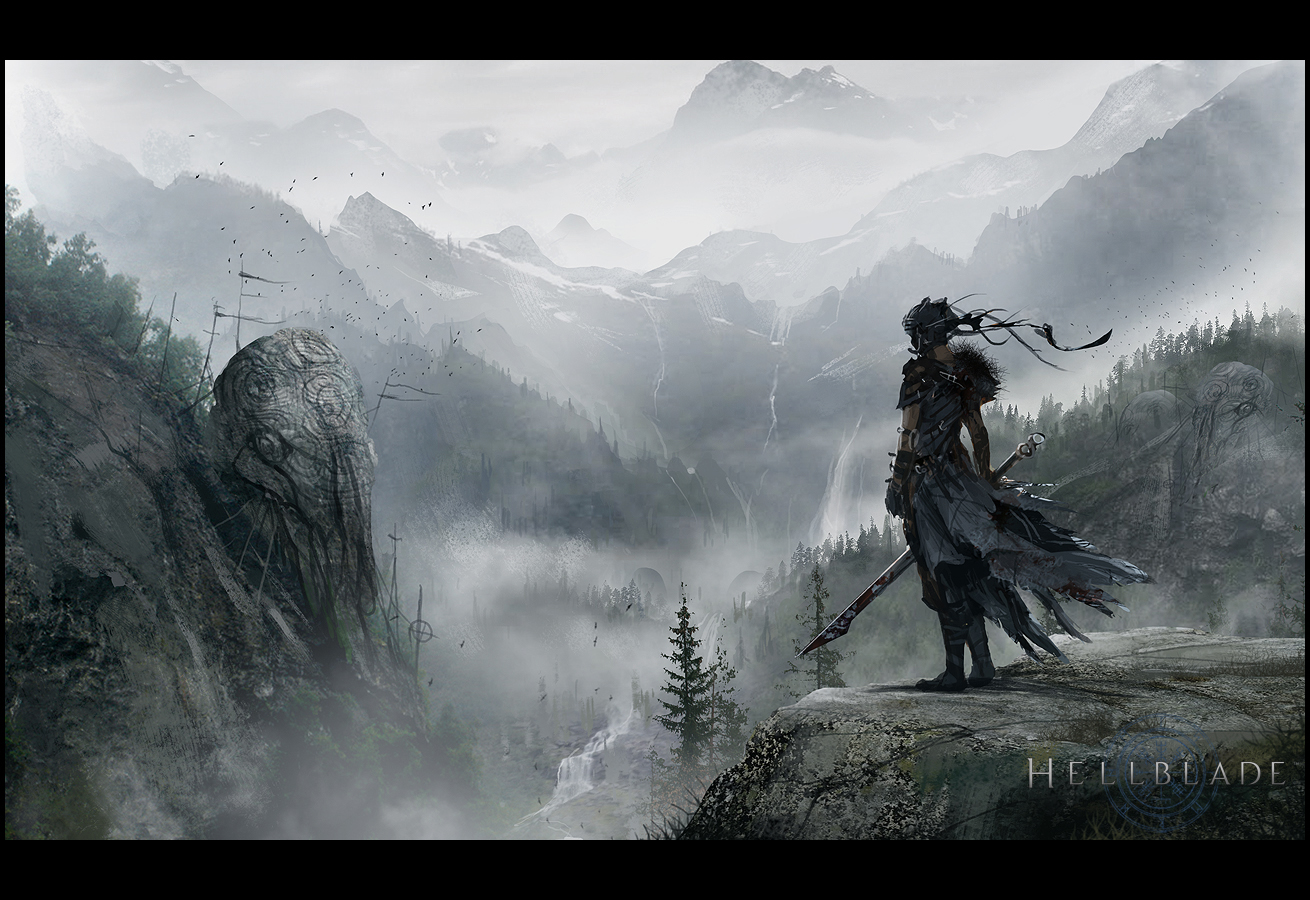
Ninja Theory's new IP will come packing multiple difficulties, too, after the studio noted that,
"We have a few difficulty modes: Default is an auto mode that scales difficulty to player performance. We also have easy, medium & hard."
-
Priced at $29.99 (£24.99/€29.99)
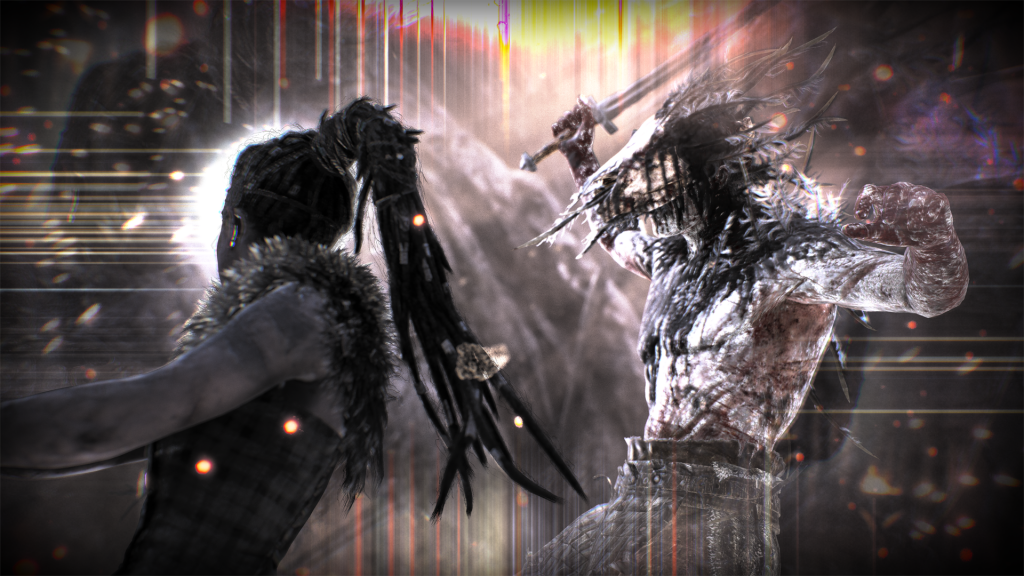
Priced at priced at $29.99 (€29.99/£24.99), this digital-only release has allowed for a price point that is a little less than your RRP for a AAA game. That being said, Hellblade is said to stretch anywhere between 6 and 9 hours, so your mileage may vary.
"Hellblade is an independently developed, AAA quality game created by a team of 20 developers. Our aim is to bring back the mid-size game, so Hellblade is about half the size of a regular AAA game and sold at half the price."
-
Simultaneous Launch Across PS4 and PC
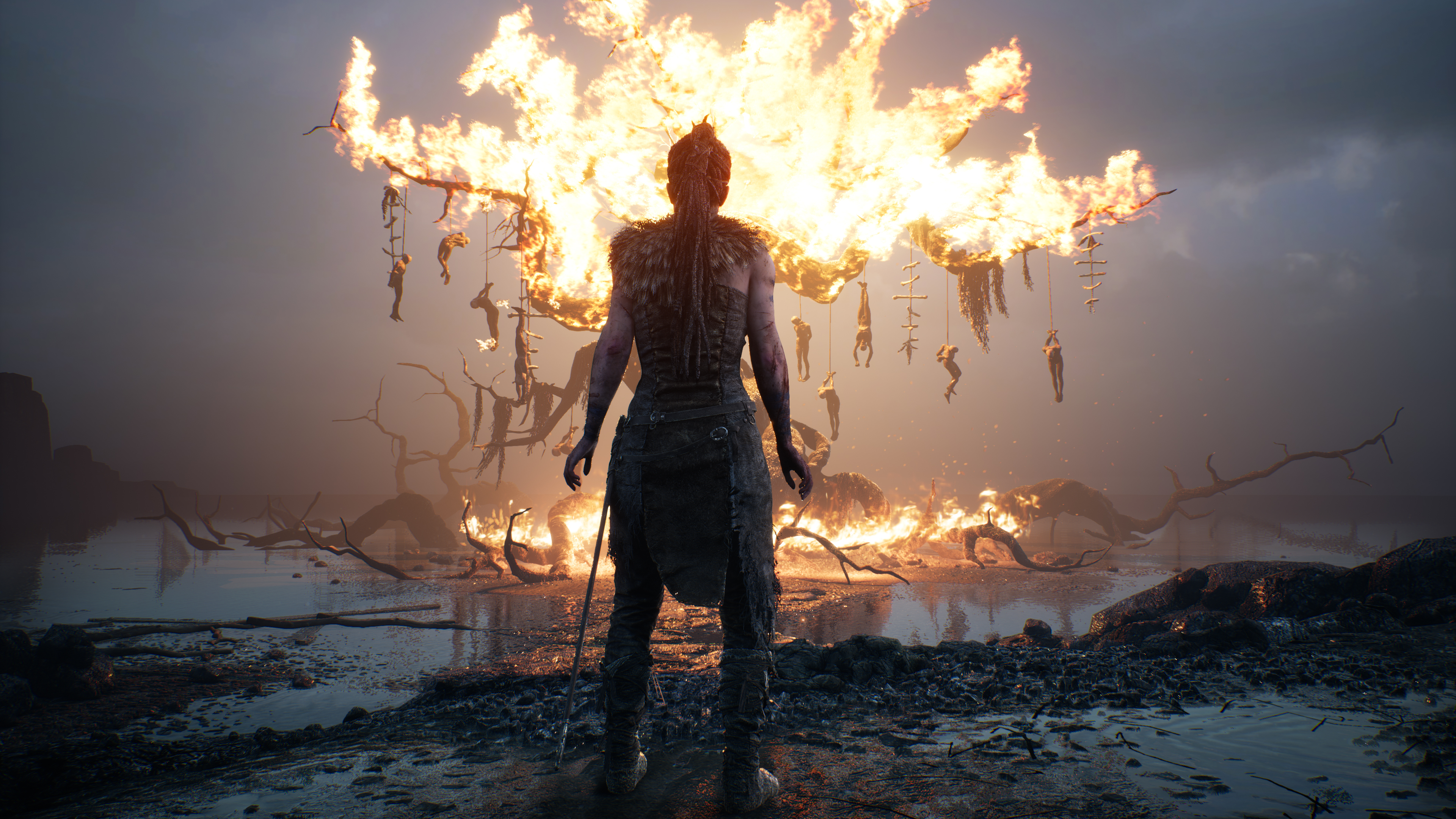
When Hellblade was first unveiled to the world, NT committed to a simultaneous launch across PS4 and PC. And that launch will take place on August 8.
-
Extended Gameplay
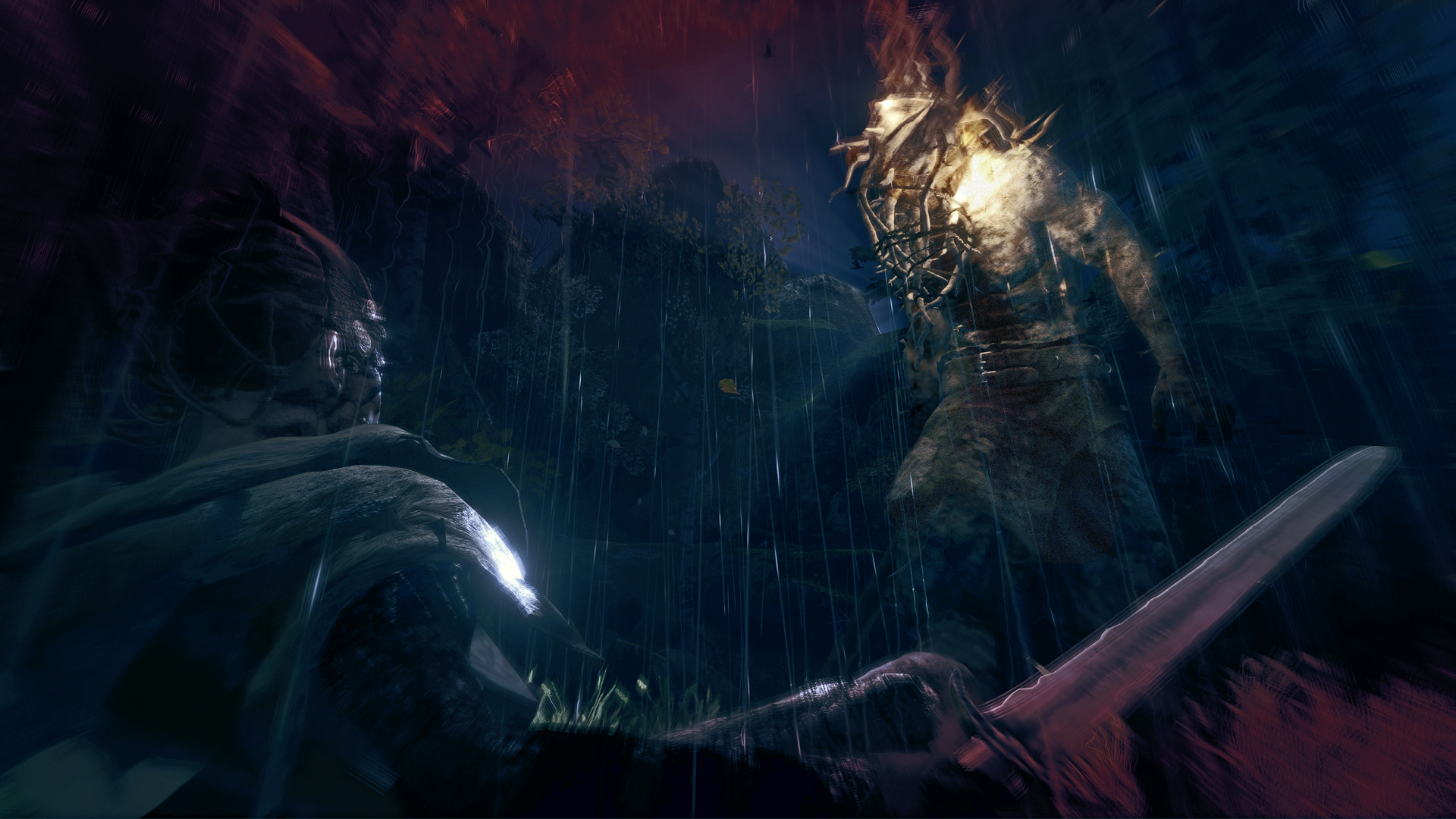
Curious to take a peek at Hellblade in action? We've got you covered.
-
All of The Dev Diaries
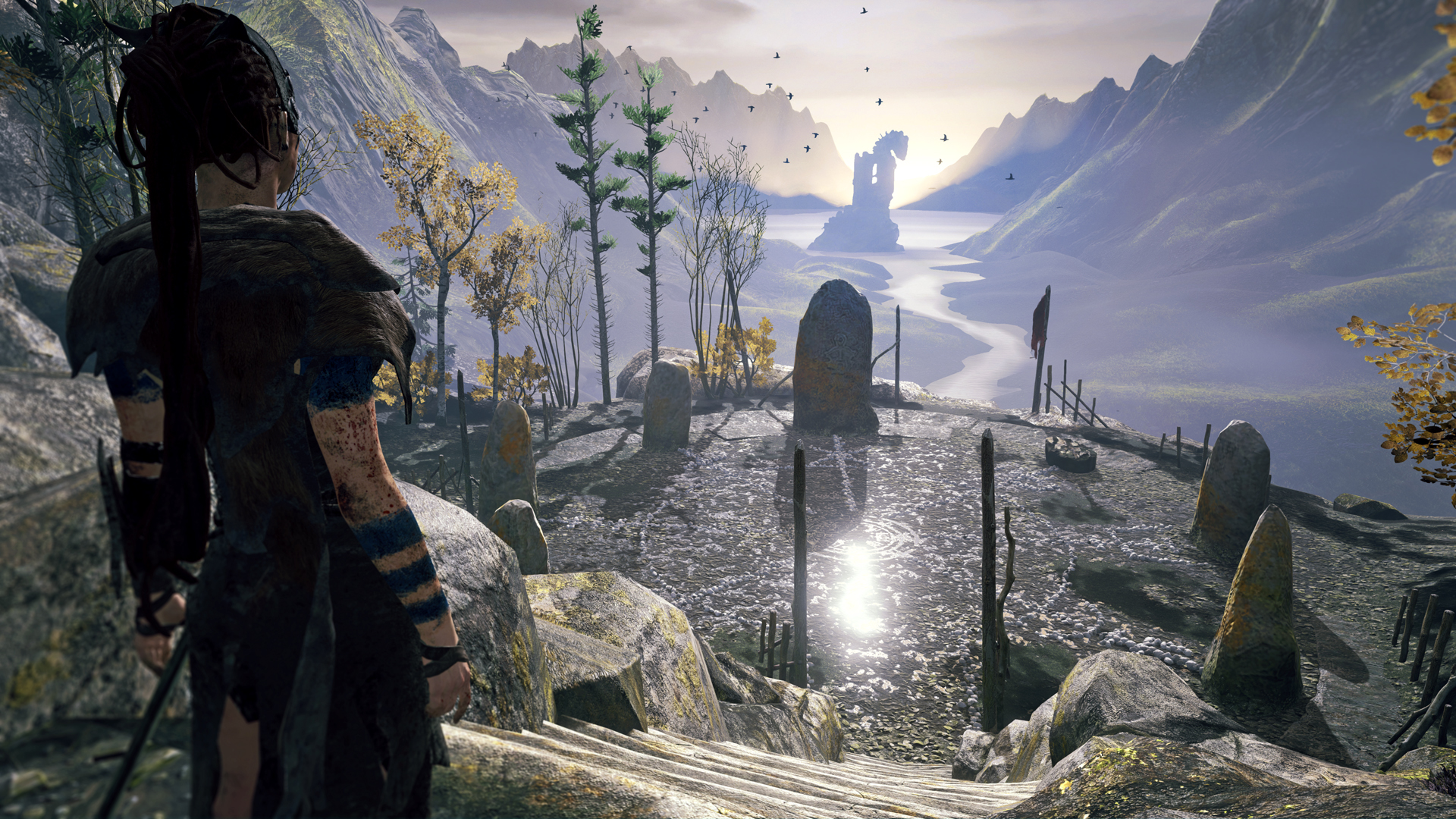
And we do mean all of the dev diaries. The creative minds at Ninja Theory have maintained an open dialogue all throughout the production of Hellblade, releasing more dev diaries than you can shake a DualShock 4 at — well, 25, to be exact, and the latest places a laser focus on Senua herself.
-
Pre-Order Perks & Pre-Load Times
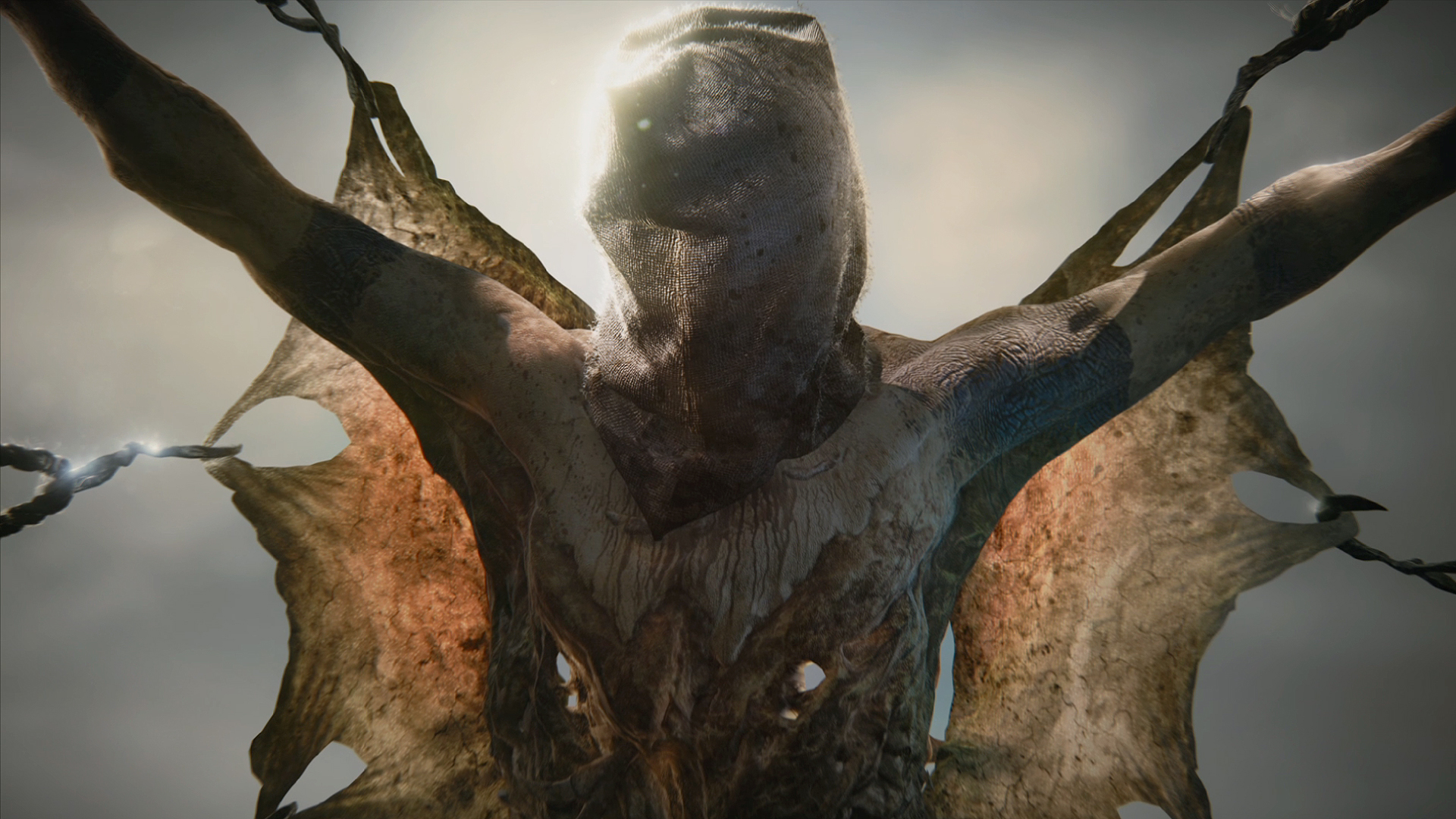
If you're wanting to shell out your hard-earned cash ahead of time, you'll be pleased to hear that by pre-ordering Hellblade on PlayStation 4, you'll be entitled to an exclusive Hellblade: Senua’s Sacrifice Dynamic Theme. Meanwhile, those pre-ordering on PC will receive an exclusive digital comic short, Hellblade: Senua’s Song.
-
Better on PS4 Pro
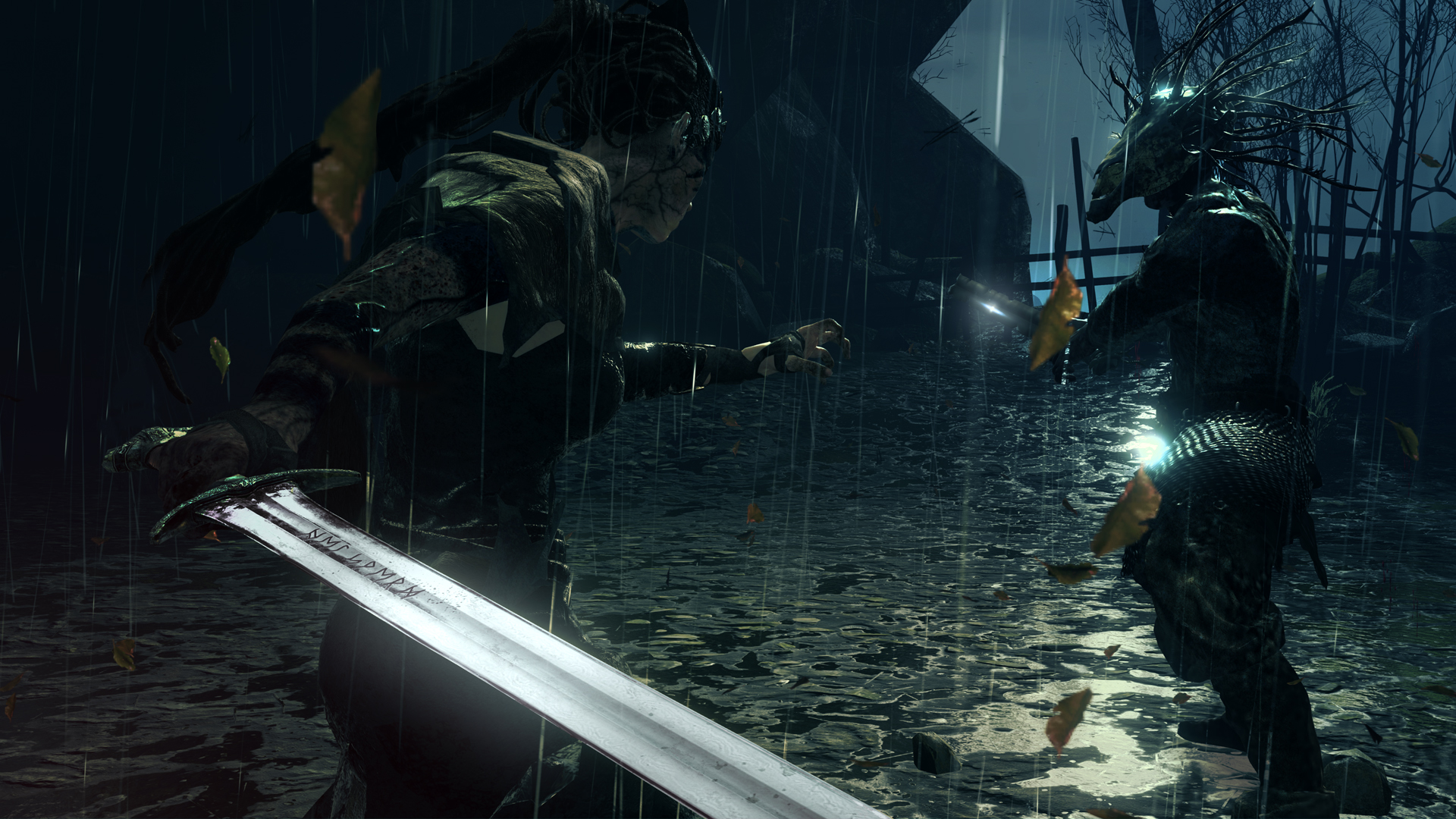
If you want to experience Hellblade in 60fps and happen to own a PS4 Pro, you're in luck:
“Today we are happy to share with you the Hellblade: Senua’s Sacrifice Official Trailer. In addition to the release of our new trailer we are announcing that Hellblade: Senua’s Sacrifice will be enhanced for PlayStation 4 Pro.
“PlayStation 4 Pro players will have the choice between experiencing Hellblade with enhanced resolution or at a higher framerate of 60fps. High-end PC owners will have the option to play Hellblade with an uncapped framerate and in resolutions up to 4K. Hellblade on PC will also support 21:9 ultra widescreen.”
-
Photo Mode
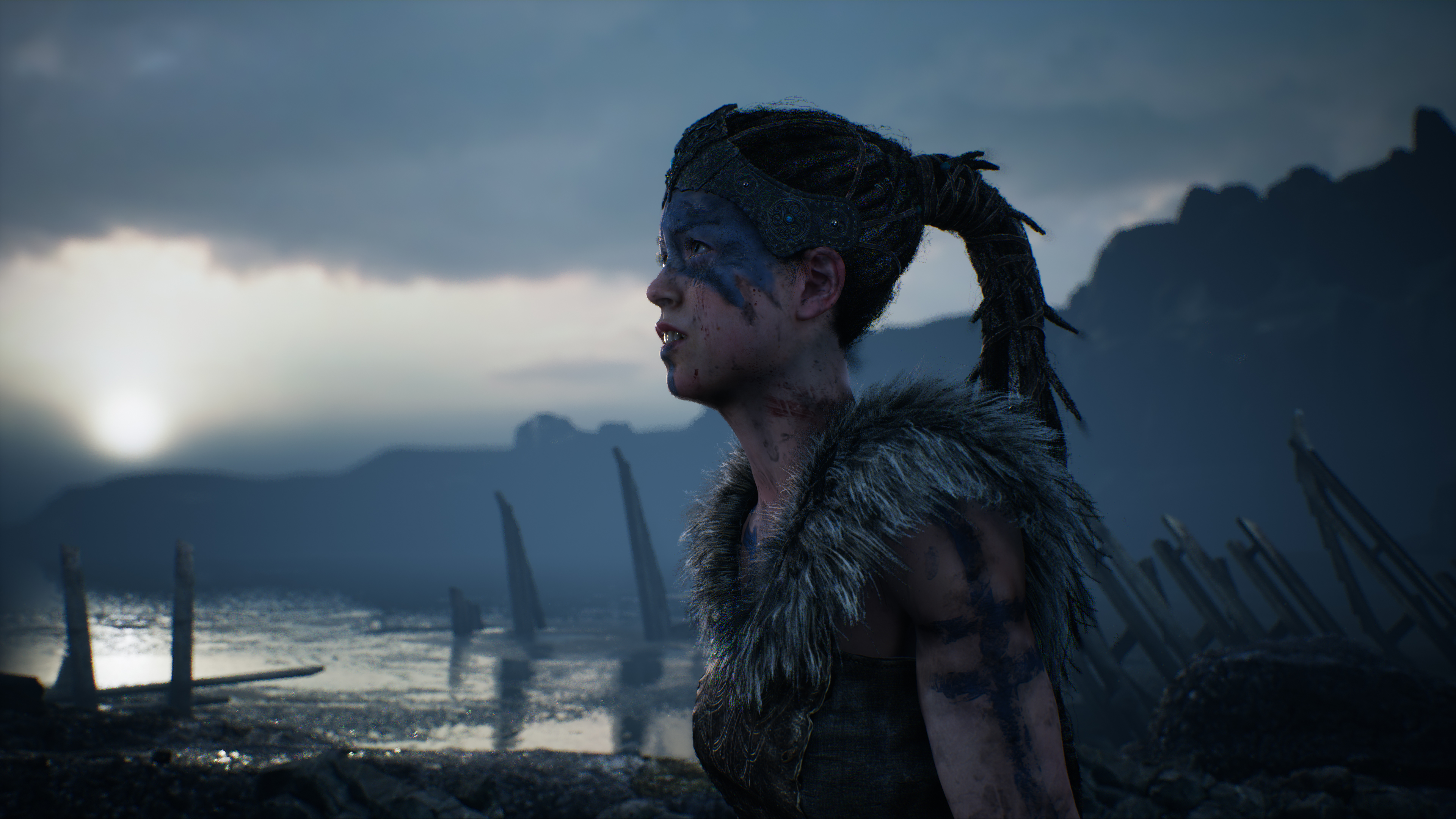
Not unlike Horizon Zero Dawn before it, Hellblade is a beautiful PS4 exclusive (console exclusive, mind you) that’s anchored by a complex, fascinating female protagonist. And what better way to document Senua’s journey through custom screenshots? Thankfully, Ninja Theory has been keeping one ear to the ground, and recently unveiled Hellblade’s full-fledged Photo Mode.
It features “various filters and tools such as camera pan and roll, focal distance, colour grading, and more.” The Cambridge-based studio went on to state that players can “easily capture Senua in action and the breathtaking scenery of the Viking wildlands.”
-
A Haunting Soundtrack
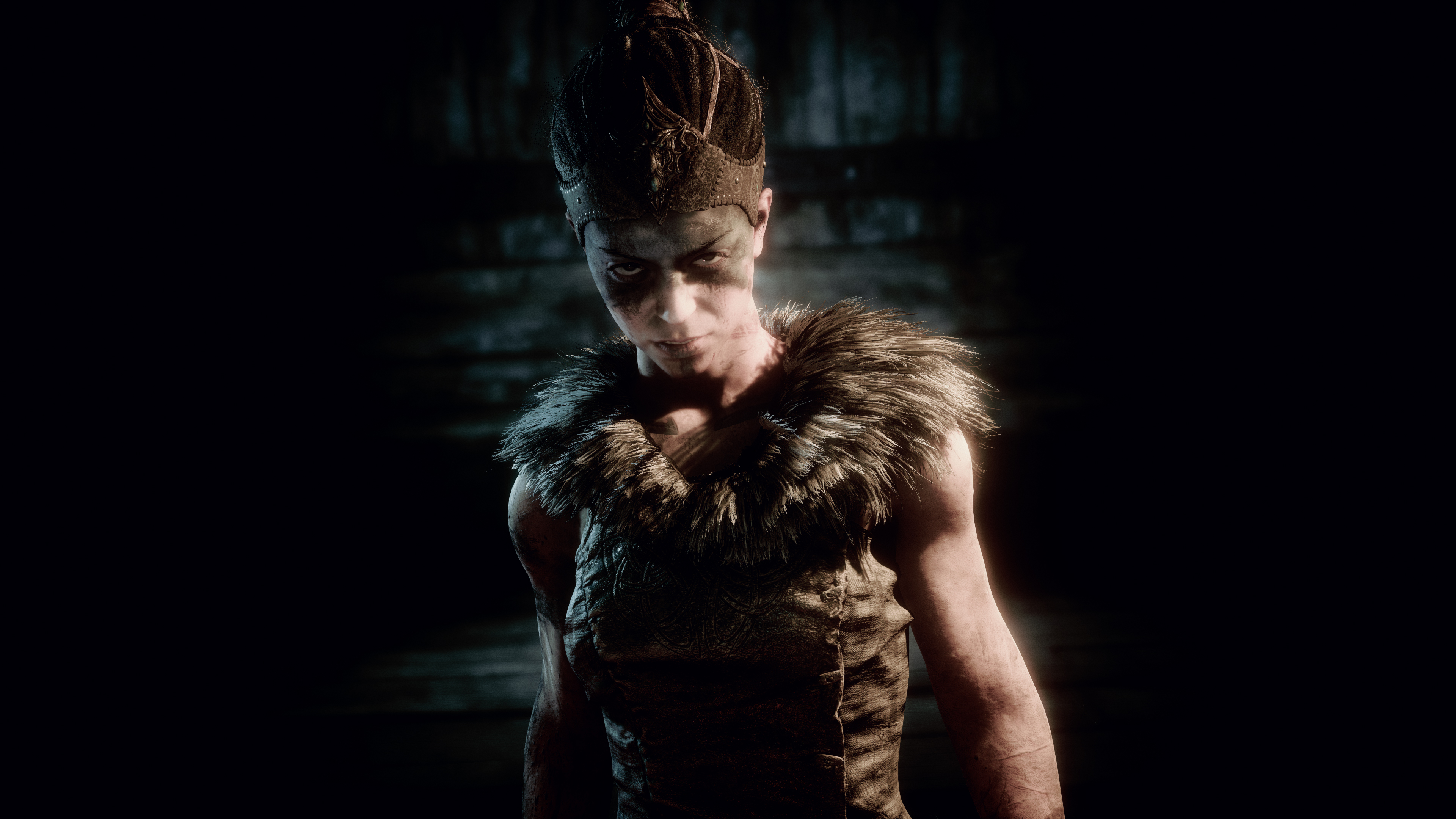
Slowly but surely, NT has peeled back the layers of Hellblade's suitably haunting soundtrack. The latest track, "Gramr," can be previewed right here.
-
Story Spans 6-8 Hours
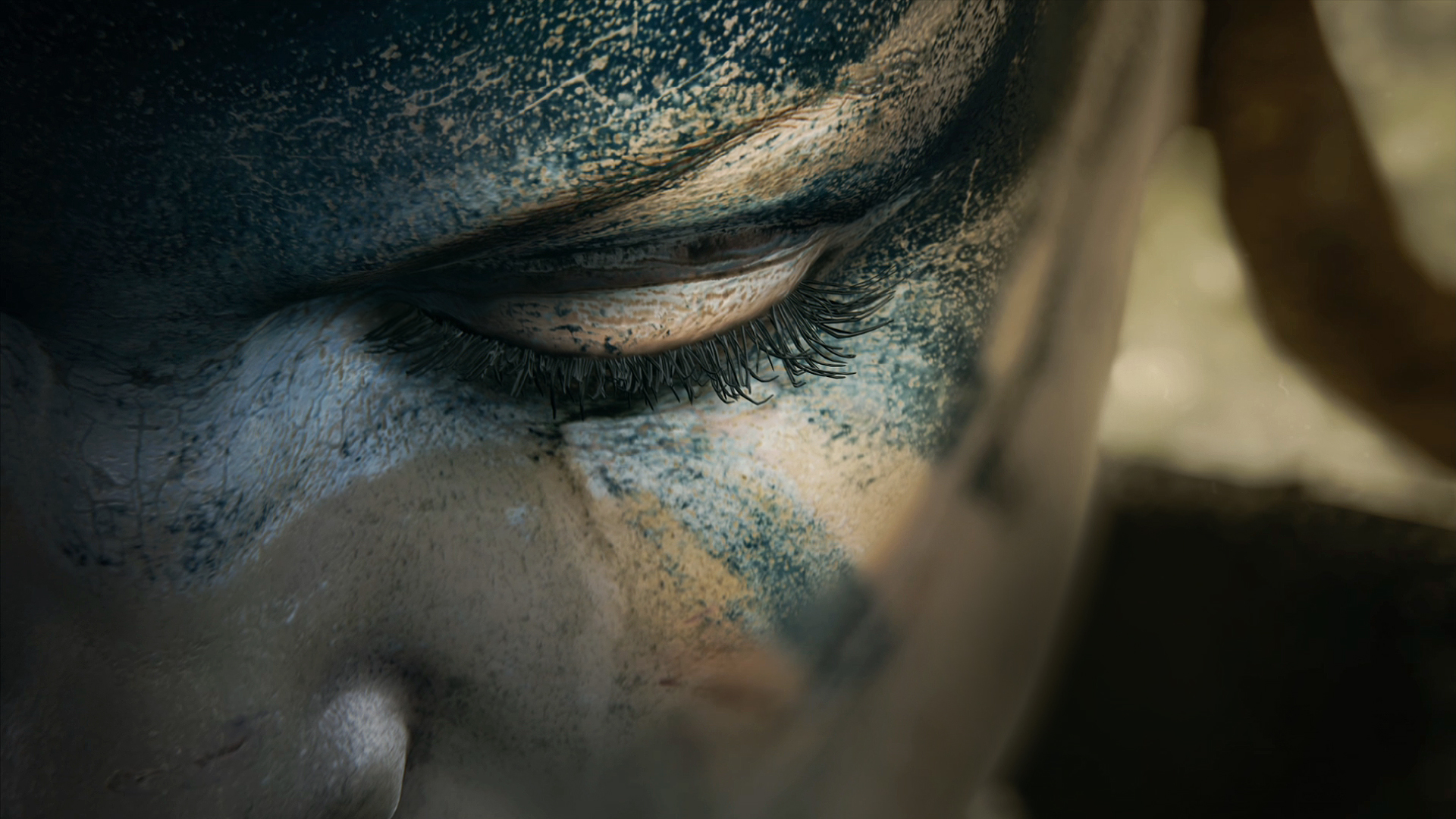
Though it was a rough estimate at the time, Ninja Theory went on record to reveal that Hellblade will take around 6-8 hours to complete.
-
Sell 300,000 and Hellblade May Break-Even
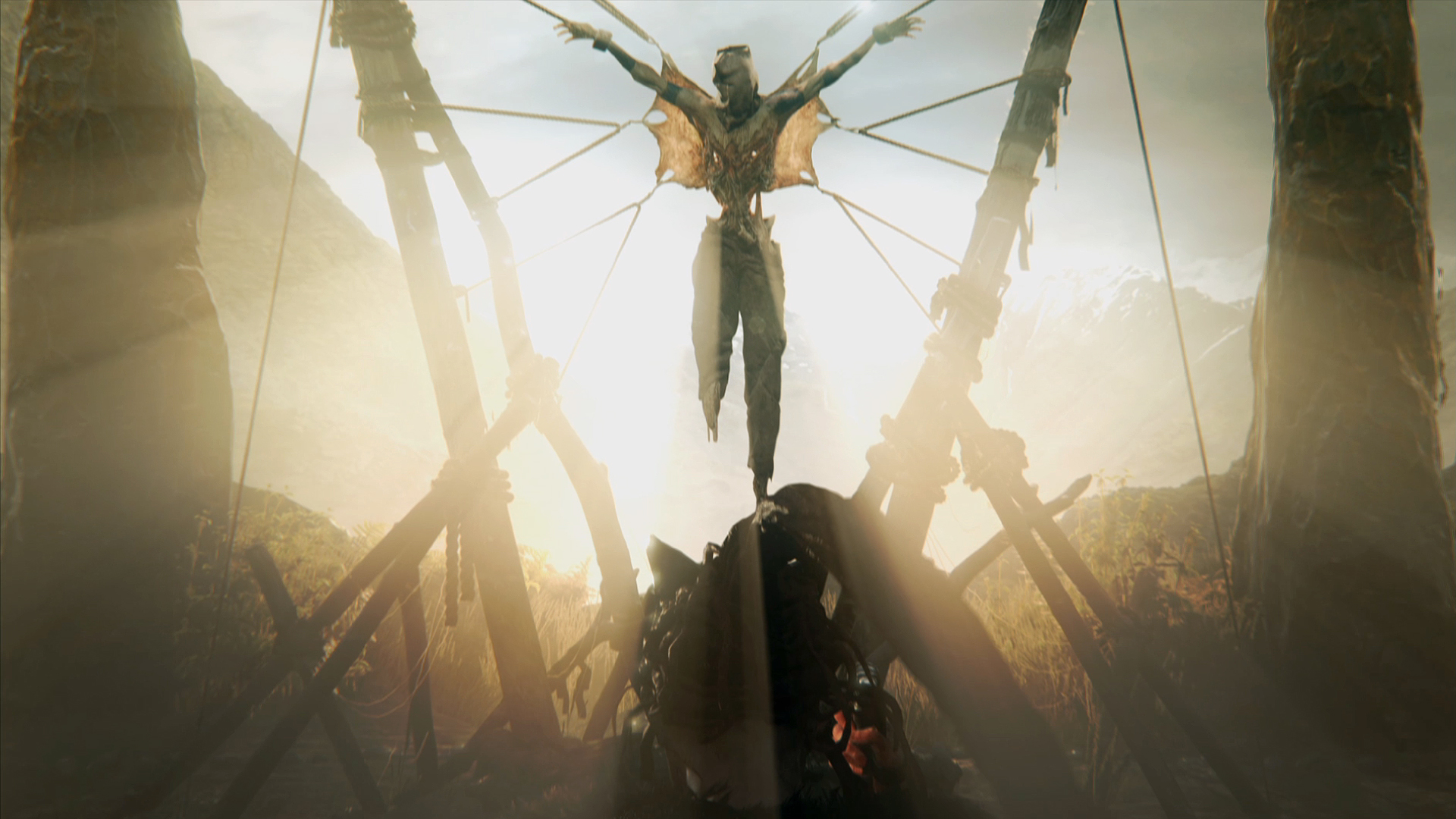
Another estimation, this time from Product development manager Dominic Matthews, who stated that Hellblade will only need to sell 300,000 copies to break-even.
Now granted, that projection came in 2014, and it's likely that development costs have ballooned in the intervening years. But the fact that NT has made a conscious effort to foster an intimate work cycle leads us to believe that that target won't be too far out of reach.
Here's that estimation from Matthews:
"We’re taking our work on Hellblade as an opportunity to question the way the games industry has always done things. To see if there’s a better way, a more streamlined way. To create amazing quality on a smaller budget."
-
10 Reason to Be Excited
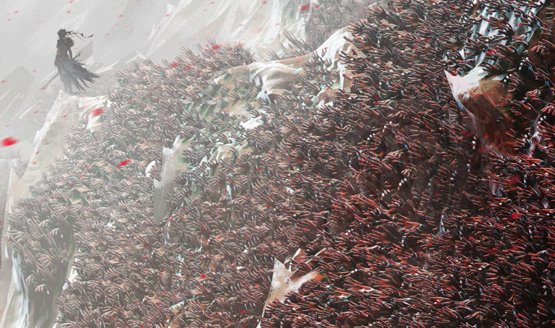
In anticipation of August 8, Tyler Treese listed 10 reasons why you should be excited about Hellblade: Senua's Sacrifice.
-
Low Budget, High Profit?
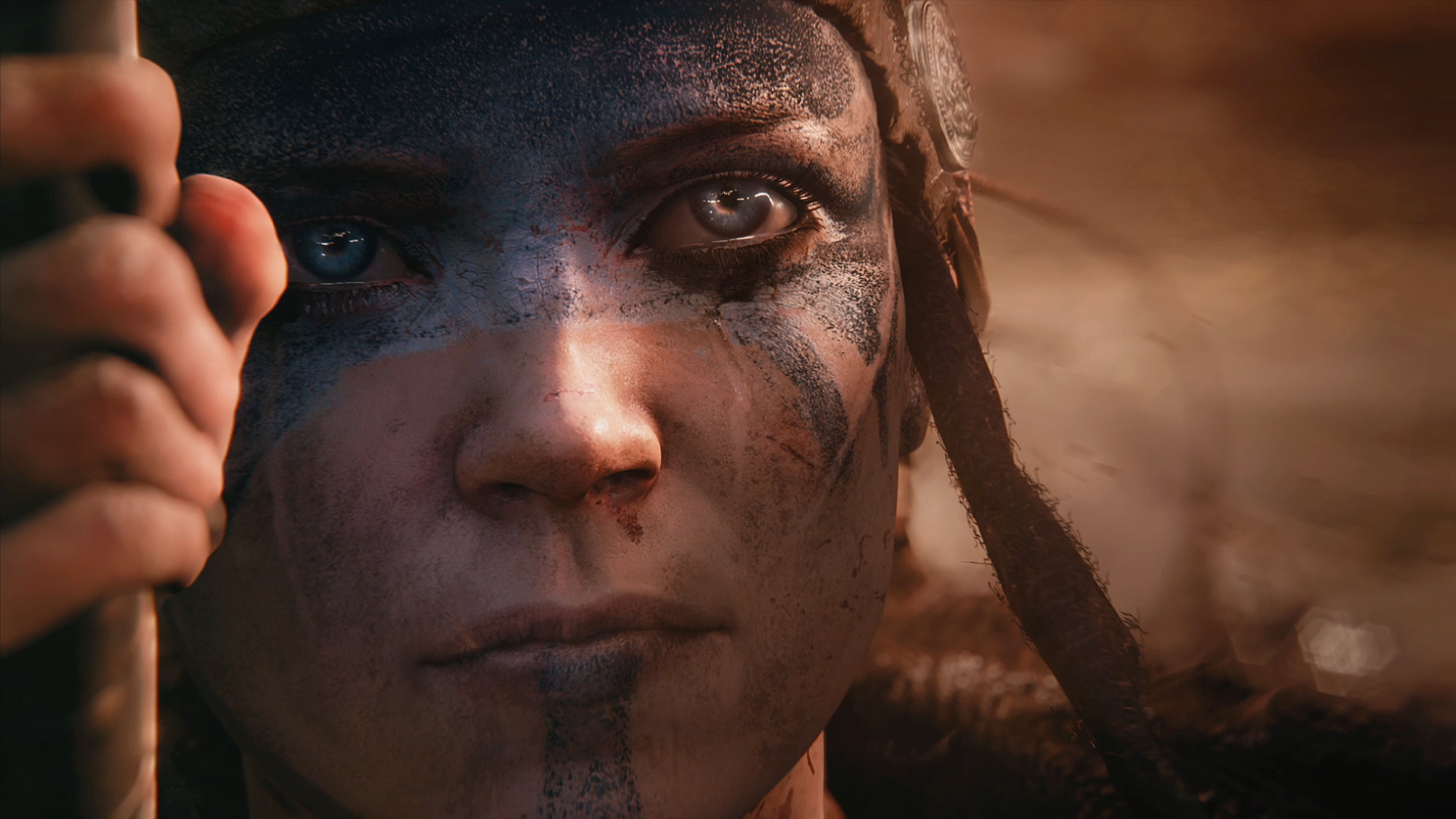
Between the digital-only release and Ninja Theory's decision to construct a make-shift motion capture stage in house, there's a real sense that Hellblade is a AA game with AAA ambitions. Whether it resonates with a mainstream audience, though, is another question entirely.
-
Our Final Verdict
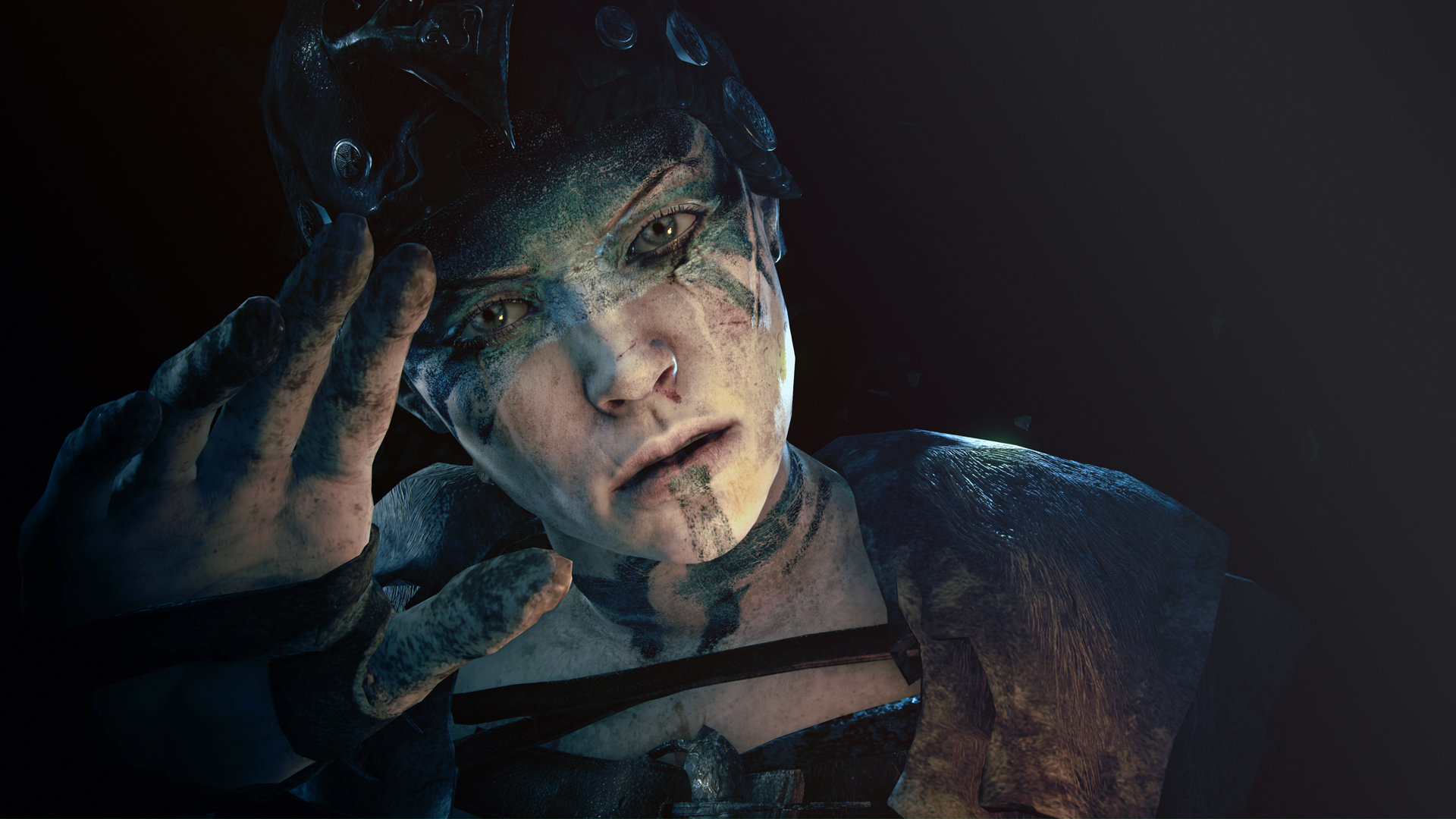
The review embargo for Hellblade lifts on Tuesday, August 8 at 1pm EST, so stay tuned to PSLS for our official verdict.
